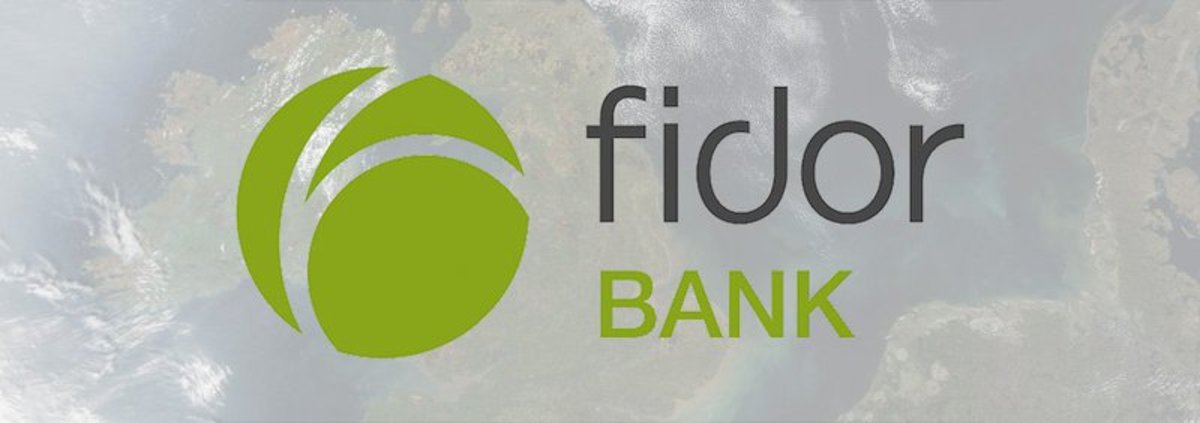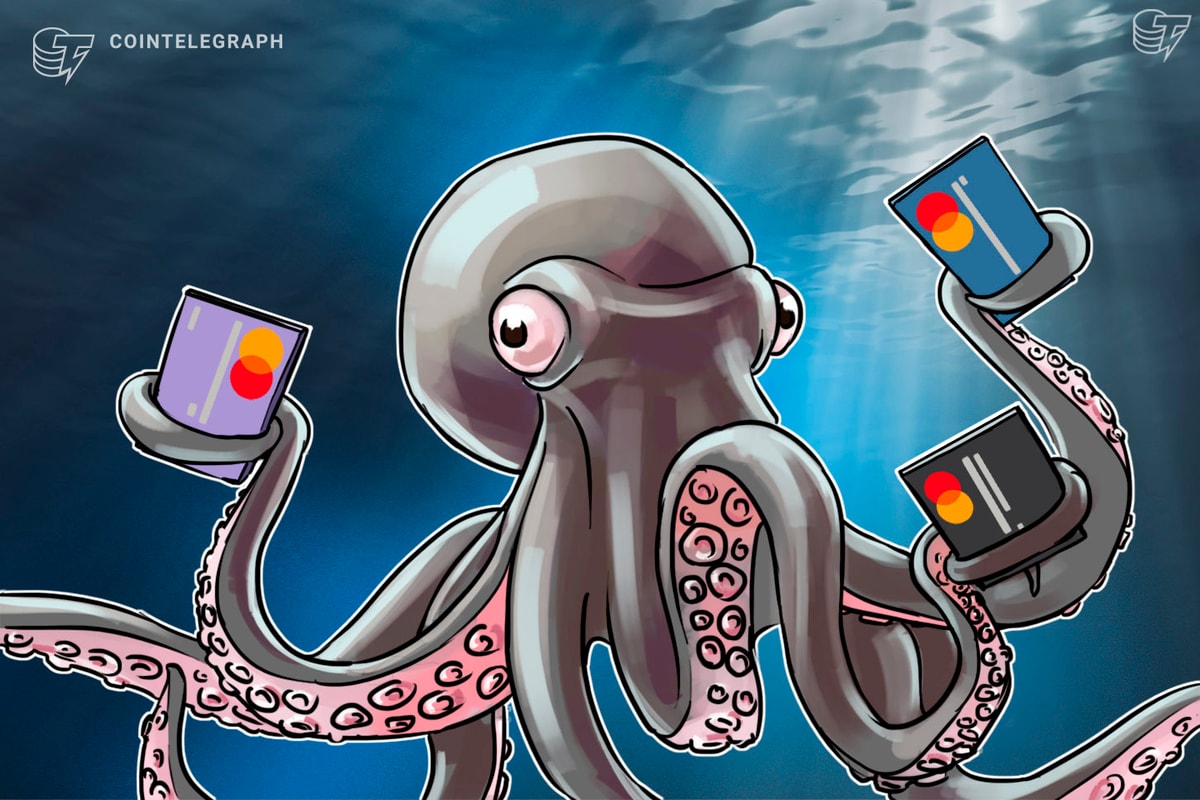
In February Bitcoin Magazinereported that German Fidor Bank had established a partnership with bitcoin exchange bitcoin.de, enabling Fidor Bank customers to buy and sell bitcoin instantly on the exchange with an agile “Bitcoin Express” option. The move was considered as a remarkably bold initiative by a mainstream bank.
Fidor Bank is no stranger to bold, innovative initiatives. The bank, which was granted a full European banking license in 2009, is known as a modern Internet Bank and an early adopter of new trends in fintech with innovative services for connected consumers. Fast Company named Fidor Bank one of the world’s top 10 most innovative companies of 2015 in personal finance, and described it as a social bank that leverages cutting-edge technology to respond to customer wishes.
A key feature of Fidor Bank is its community site, where users and representatives of the bank discuss the financial services provided by the bank in an open forum. The bank is popular among Bitcoin users and considered as the most Bitcoin-friendly mainstream bank. In October, Fidor Bank partnered with bitcoin exchange Kraken to create the world’s first cryptocurrency bank.
In April, Bitcoin Magazinereported that Fidor Bank would begin operations in Great Britain. The move has encountered delays, which have been interpreted as due to opposition of the U.K. banking system, especially from major banks. But in a recent interview published in International Business Times, Fidor Bank CEO Matthias Krönerdenied those rumors, and stated that the delays haven’t been due to lack of support, but to standard paperwork issues.
Kröner confirmed that Fidor Bank intends to start operating in the U.K. in 2015.
In the interview, Kröner spoke frankly about the perhaps unique position of Fidor Bank. Despite the now fashionable statements of interest in blockchain-based fintech that have been issued by many major banks, Fidor Bank remains the only bank to offer bitcoin options to its customers as part of normal banking operations.
“We simply think that everything which is coming along with crypto or even bigger with the blockchain is a more or less a natural part of the digital environment or the digital lifestyle,” said Kröner. “It is, as always, not a good thing to ignore or exclude important parts of a certain lifestyle once your customers are executing this lifestyle.”
According to Kröner, Fidor Bank has operated so far with the full consent of German regulators, some of which are perhaps more amenable to bitcoin than their counterparts in other European countries or in the United States. In particular, Kröner expressed critical views of Bitlicense regulations in New York, and mentioned that many Bitcoin operators, including Fidor Bank partner Kraken, are leaving New York.
Kröner is not interested in the underground aspects of bitcoin, and he is not impressed with the “fundamentalist” arguments in support of anonymous payments. On the contrary, he is in favor of reasonable and constructive regulations. At the same time, he is persuaded that the biggest obstacle to sound regulations is the fact that the politicians don’t understand cryptocurrencies and the digital environment.










